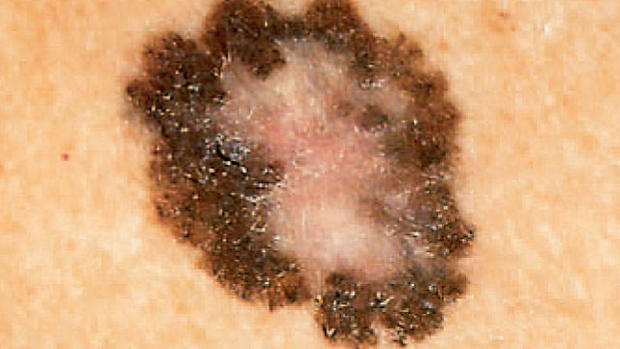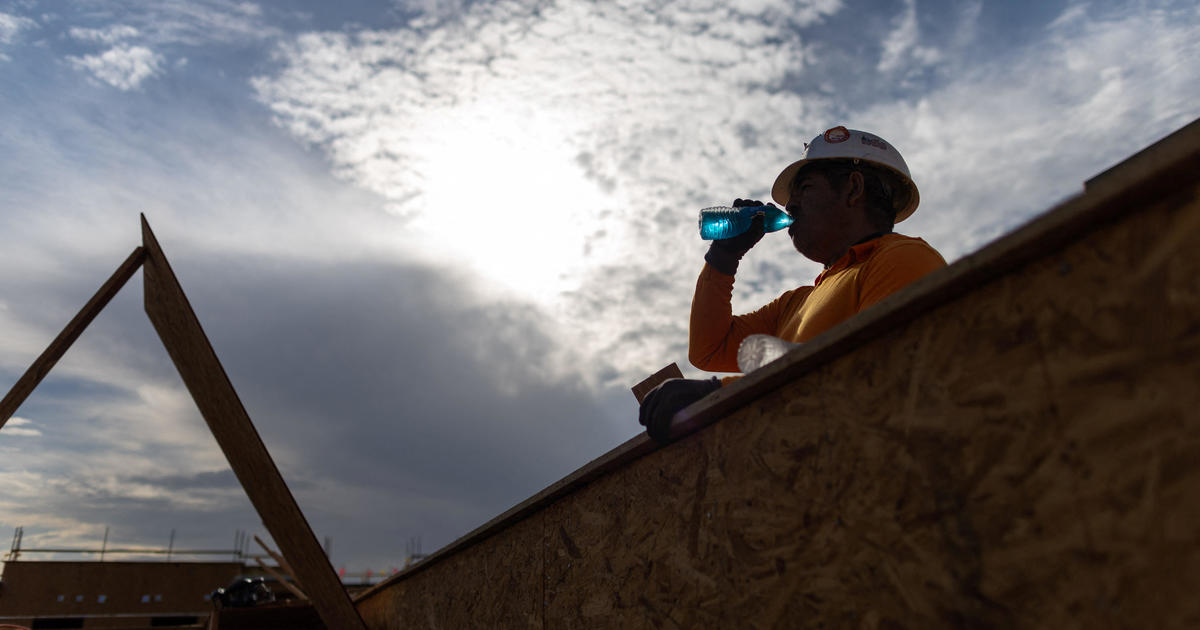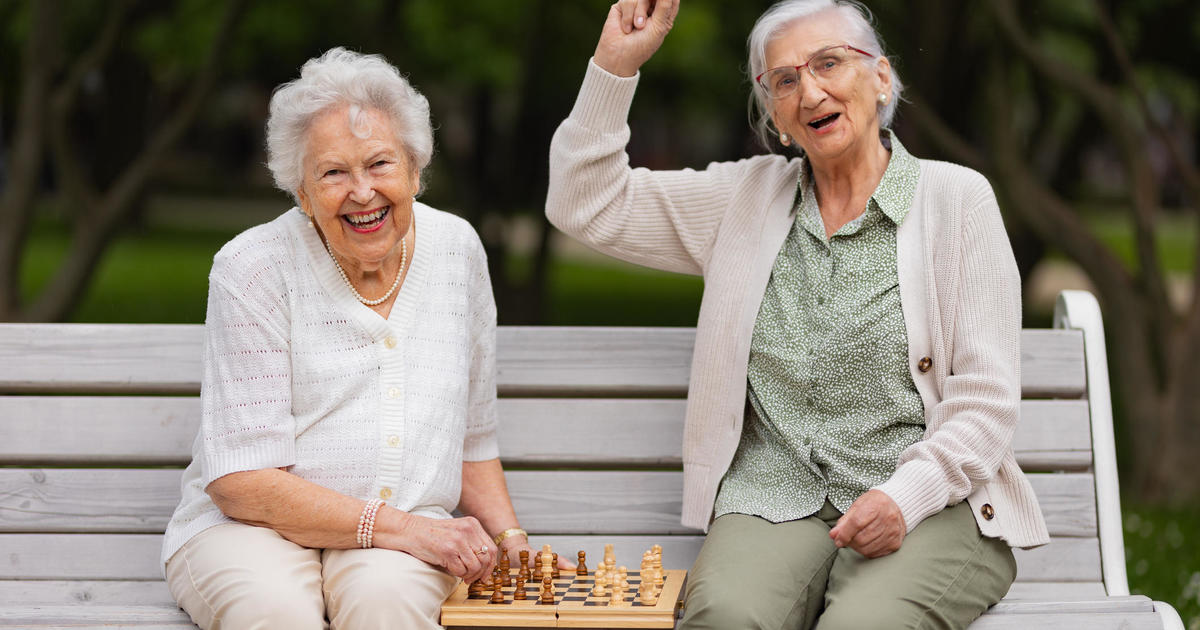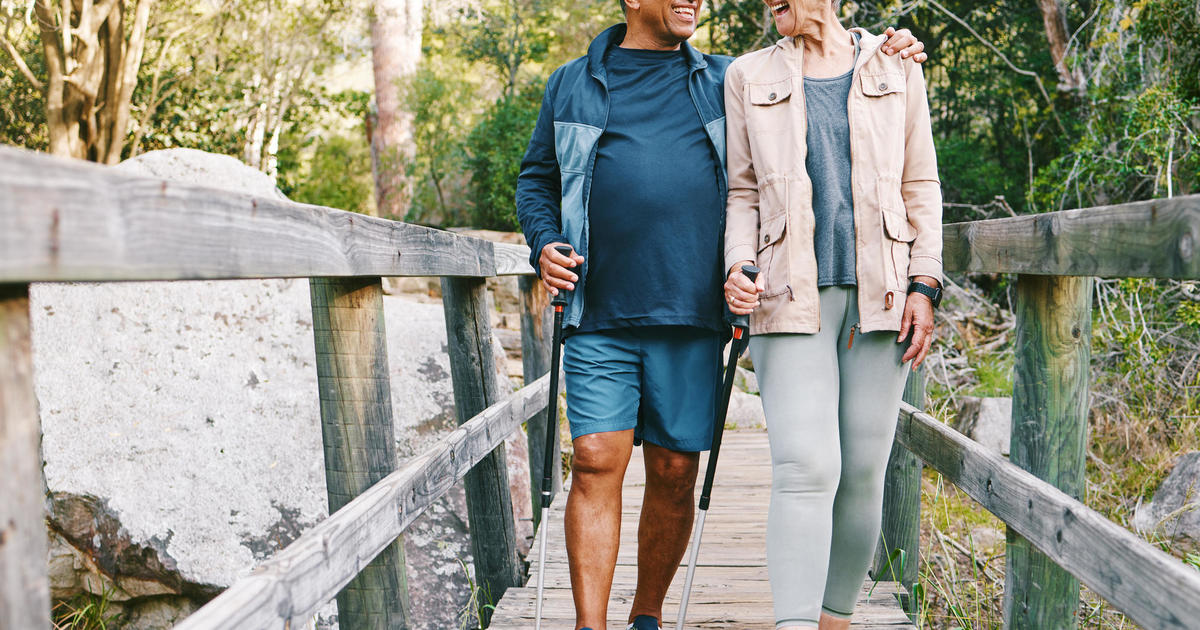Skin protection pays off as you age
Dermatologists constantly stress the need to protect skin from exposure to harmful ultraviolet (UV) radiation, which puts the body at risk for developing skin cancer. While the importance of wearing sunscreen may be common knowledge, millions of people continue to skimp out on protecting their largest organ from sun damage.
One thing is very clear when it comes to sun exposure: Your actions have a lasting impact on your body. Taking preventative measures against skin cancer can help ensure good health in your later years and increase your odds of longevity.
The reality of the situation, however, is that you've probably already done untold damage to your skin without realizing it, even if you've taken steps to protect yourself from UV rays. Most skin cancer cases are caused from sun exposure during childhood years because kids tend to spend more time in the sun and are more susceptible to sunburns.
"One blistering sunburn as a child doubles your rate of melanoma later in life," said Dr. David Agus, a CBS News medical contributor and the director of USC Norris Westside Cancer Center. "Many of us were exposed as a child. Many of us got sunburns. We have to be aware of it."
That damage may already be done to your skin, but it's never too late to think about making better choices. Now is the time to start taking preventative measures against skin cancer.
Skin cancer prevention and early detection
Skin cancer has become the most common form of cancer diagnosed in the United States. In fact, one in five Americans will develop skin cancer in their lifetime, according to the American Cancer Society.
There are three main types of skin cancer. Basal and squamous cell skin cancers are most commonly diagnosed, and they typically appear on your head or neck. Melanomas are not as common, but they can be deadly if left untreated.
"Skin cancer is one of those cancers that if you catch early, you just cut it out and it's over," Agus said. "(If) you miss it or you wait a while, bad things can happen."
Research shows that most skin cancers are caused by over-exposure to UV rays from the sun and/or use of indoor tanning beds.
The most common way to protect your skin from burning is to apply sunscreen that has a high SPF (sun protection factor).
"The higher the number the better in terms of blocking the sun exposure," Agus said. "You need to go above 25. Every (sunburn) increases your damage later in life. No matter what age you're at, it's not a forgone conclusion, certainly block the sun."
Dermatologists say everyone should be using sunscreen, even on overcast days. Sunscreen lasts for about two hours before it starts to wear off. Be sure to keep reapplying lotion to ensure full protection from the sun.
Other preventative measures include wearing protective clothing, such as long sleeves. Wearing a hat while outdoors also helps reduce the risk of skin cancer.
"I think the best advice so far is wear long sleeves, stay out of the sun," Agus added. "Any thick cotton is going to protect you from the sun. Thinner clothing allow some UV radiation through. The sun is not good for your skin."
Overall, it's important to regularly see a dermatologist for annual checks, especially if cancer runs in your family. You should also keep an eye out for any abnormal moles or changes in your skin.
"You can't reverse the damage, but you can prevent more damage," Agus said. "I think that's critical."
Early detection of skin cancer is key to receiving an effective treatment plan. It's the key to survival.




